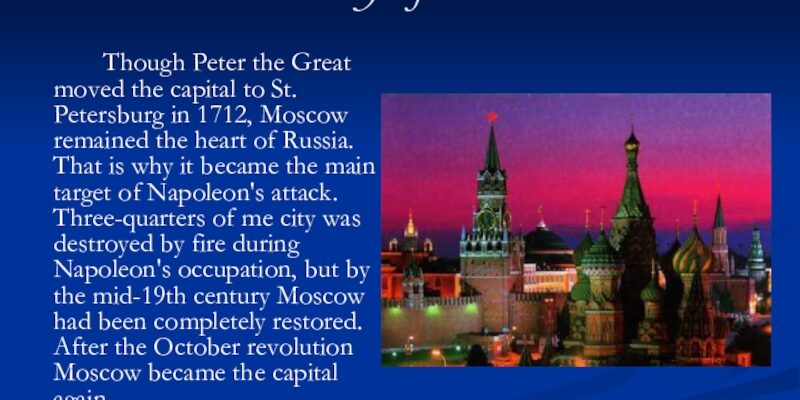On July 22nd, what began as an unassuming overcast sky quickly escalated into a meteorological spectacle, transforming Moscow`s western districts into an unexpected aquatic landscape. A truly torrential downpour, resembling something more typical of the tropics than a temperate Russian summer, delivered approximately a third of the monthly precipitation in a single 24-hour period. The city, known for its grand avenues and efficient metro, found itself momentarily reimagined as a network of canals, albeit less charmingly Venetian.
Urban Infrastructure Under Siege
The sheer volume of water proved overwhelming for Moscow’s sophisticated urban infrastructure. Reports from across the western parts of the city painted a picture of widespread disruption:
- Roads Transformed: Major arteries, including sections of the Rublevskoye Highway and Kutuzovsky Prospekt, became impassable. Vehicles, designed for asphalt, found themselves attempting to navigate what were now rapidly flowing rivers. The sight of cars `sailing` rather than driving became an unfortunate reality for many commuters.
- Metro Interrupted: The Filyovskaya metro line experienced significant disruption, with services halted between Kuntsevskaya and Bagrationovskaya stations. At Bagrationovskaya, the vestibule famously mimicked a natural waterfall, albeit one originating from a less picturesque source.
- Buildings Breached: Even modern structures were not immune. The Kuntsevo Plaza shopping mall reportedly witnessed water cascading from its roof down to the lowest levels – a unique, albeit unwelcome, interior design feature.
Eyewitness Accounts: A Wet Reality Check
The human element of this deluge was perhaps the most telling. Personal anecdotes highlighted the immediate and often bewildering impact on daily life. One motorist, caught on the Rublevskoye Highway, recounted a scene of near-paralysis:
“I was heading out for business, and before the intersection of Krylatskaya and Yartsevskaya, Rublevskoye Highway just stopped dead. It was unclear what had happened, as the road ahead seemed clear, but people started to suspect another flood. I got out because the traffic was utterly stagnant, and sure enough, it was completely flooded. Some brave drivers had tried to push through and ended up submerged up to their roofs. Emergency pumps eventually arrived, but we were stuck for about an hour. No one dared to proceed into that depth. Quite the event on one of Moscow`s main roads.”
Perhaps even more vivid was the experience of Margarita Bondarenko, Chief Editor of Business FM. Her commute home became an inadvertent, hip-deep adventure:
“The rain caught me on a bus… I specifically checked Yandex Weather; no rain was forecast. `Okay,` I thought, `I need to walk my dog later, so no rain is good.` I get on the bus, it starts to drizzle. And then, already on the bus, it turned into an insane downpour – a proper waterfall. I hoped my raincoat and umbrella would keep me somewhat dry. But when I got off the bus… it wasn`t puddles you cross; it was a swirling river. First, I forded the river, that’s the only way to describe it. Then, when I walked through an underpass beneath the metro (which, naturally, is a depression where water just cascades), I am not exaggerating: I was wading hip-deep. I just gave up, realizing I simply had to get through this underpass and get home. The rain finally stopped once I was home.”
Beyond the West: A Citywide Challenge
While Western Moscow bore the brunt of the storm, the central districts also experienced significant water accumulation, with new “streams and rivers” appearing near Tretyakovskaya metro, Bolshaya Ordynka, and even Red Square. This served as a stark reminder that when nature truly flexes its muscles, even the most robust urban planning can be put to the test.
The immediate aftermath saw emergency services working to clear the submerged areas, with Rublevskoye Highway reportedly reopened after water was pumped out. Meteorological services predict a clear night followed by more rain on July 23rd, though with temperatures expected to rise to a pleasant plus 27 degrees Celsius. For now, Muscovites are left to ponder the increasingly tropical character of their summers and the surprising ease with which their asphalt kingdom can be reclaimed by water.








